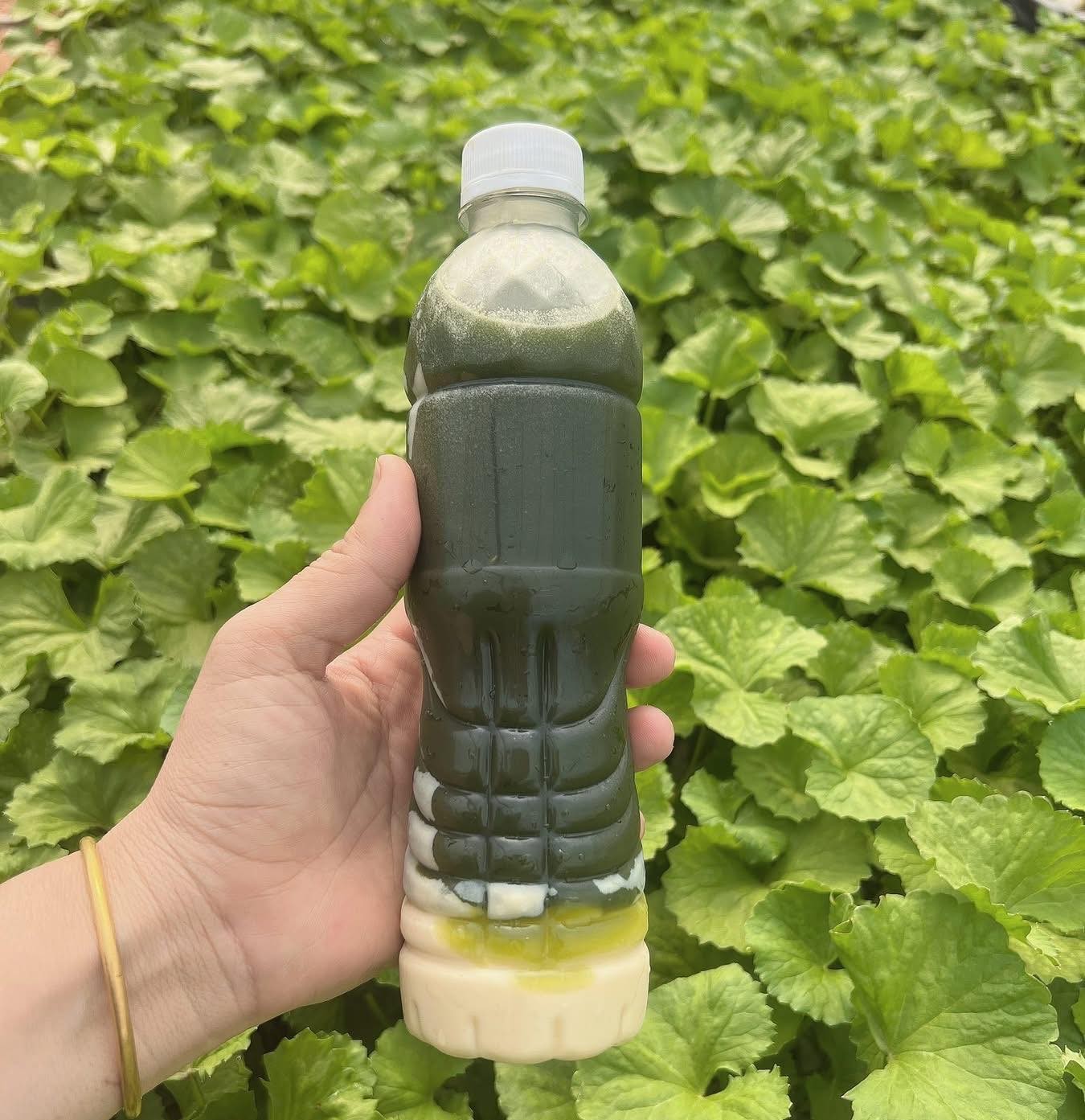Doctor Doan Vinh Binh, from the Medical Information Center at Tam Anh General Hospital in Ho Chi Minh City, recommends incorporating more leafy greens into one's diet, especially the following 5 vegetables, to support liver health.
Cruciferous vegetables like kale and broccoli contain sulforaphane, a compound with potent antioxidant and anti-inflammatory properties. Sulforaphane increases insulin sensitivity, reduces fatty liver disease and liver cell damage, and may also help prevent the growth of liver cancer cells. Cruciferous vegetables are also rich in vitamins C and E, beta-carotene, and fiber, which support stable liver enzyme levels, boost the immune system, and reduce the risk of fat accumulation in the liver.
Heartleaf is rich in natural antioxidants such as caffeoylquinic acid, isoquercitrin, quercitrin, and rutin, which neutralize free radicals, reduce oxidative stress, and protect liver cells. Its anti-inflammatory, diuretic, and immunity-boosting properties contribute to liver detoxification.
Gotu kola can prevent liver damage from toxins, including alcohol. It stimulates liver and gallbladder function, increasing bile production and improving digestion. Its anti-inflammatory properties help prevent inflammation and damage to liver cells.
 |
Gotu kola has anti-inflammatory properties that boost liver function. Photo: Vy Phan |
Artichokes are rich in cynarin and silymarin, two active substances that support detoxification, protect the liver, and promote the regeneration of damaged liver cells. Regular artichoke consumption can significantly reduce ALT and GGT liver enzymes and improve overall liver function in individuals with non-alcoholic fatty liver disease (NAFLD). This herb also promotes bile secretion, which aids digestion. Artichokes can be cooked with mushrooms, meat, or fish, or enjoyed as an herbal tea for body cleansing.
Perilla contains a natural compound called perillartine that supports improved liver function. It reduces fat accumulation in liver cells, regulates glucose metabolism, and inhibits genes related to lipid synthesis. Perillartine also promotes an increase in the number of mitochondria and balances energy, leading to more efficient liver function.
Dr. Binh suggests several ways to protect the liver, including a healthy diet, regular exercise, routine health check-ups, and vaccination against liver diseases. Supplementing with natural herbs like s. marianum (milk thistle) and wasabia (wasabi) can also control overactive Kupffer cells (macrophages in the liver), improving detoxification and liver protection. Individuals with existing liver conditions should consult a gastroenterologist or hepatologist for a thorough evaluation and timely treatment.
Dinh Dieu
| Readers can submit nutrition-related questions here for doctors to answer. |












